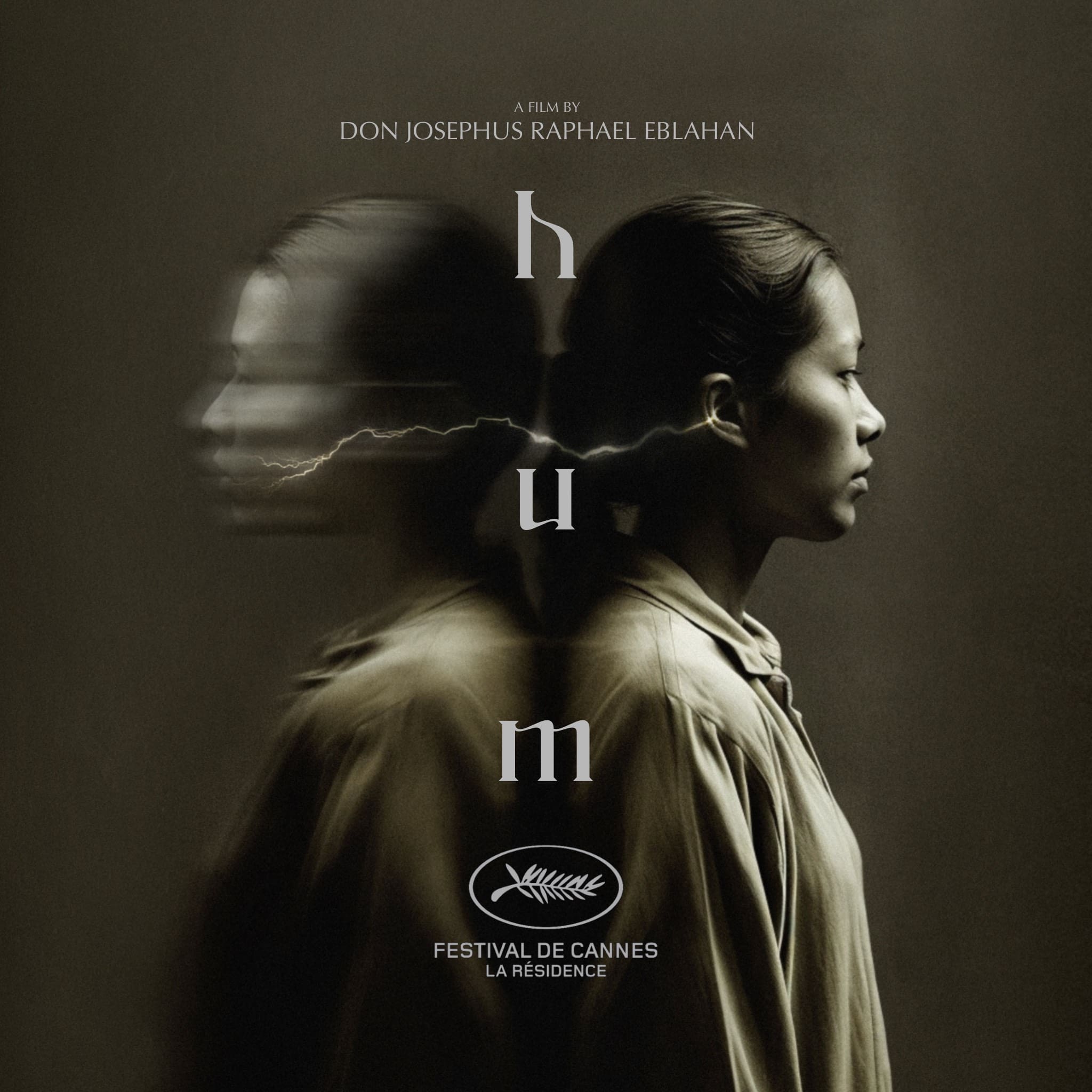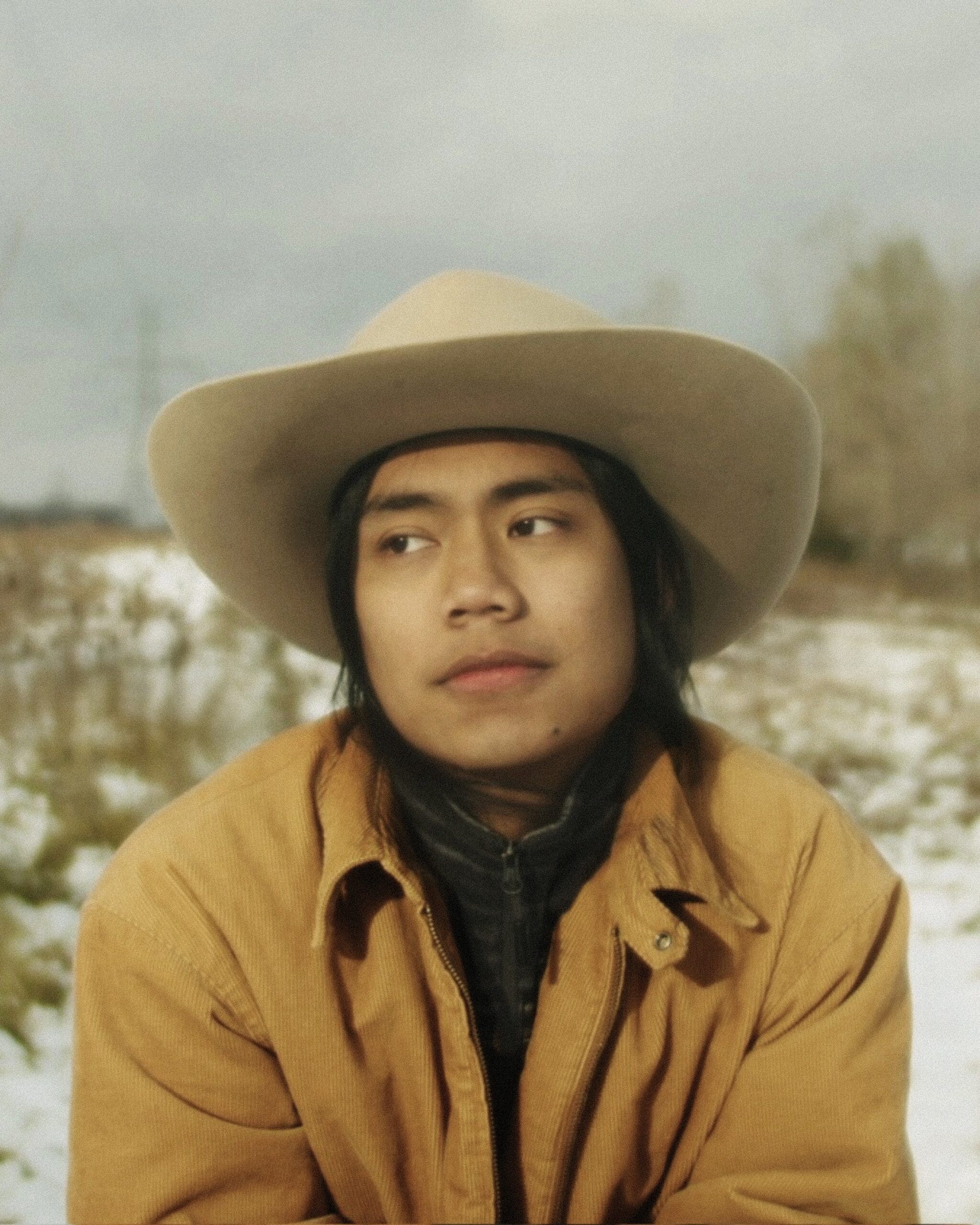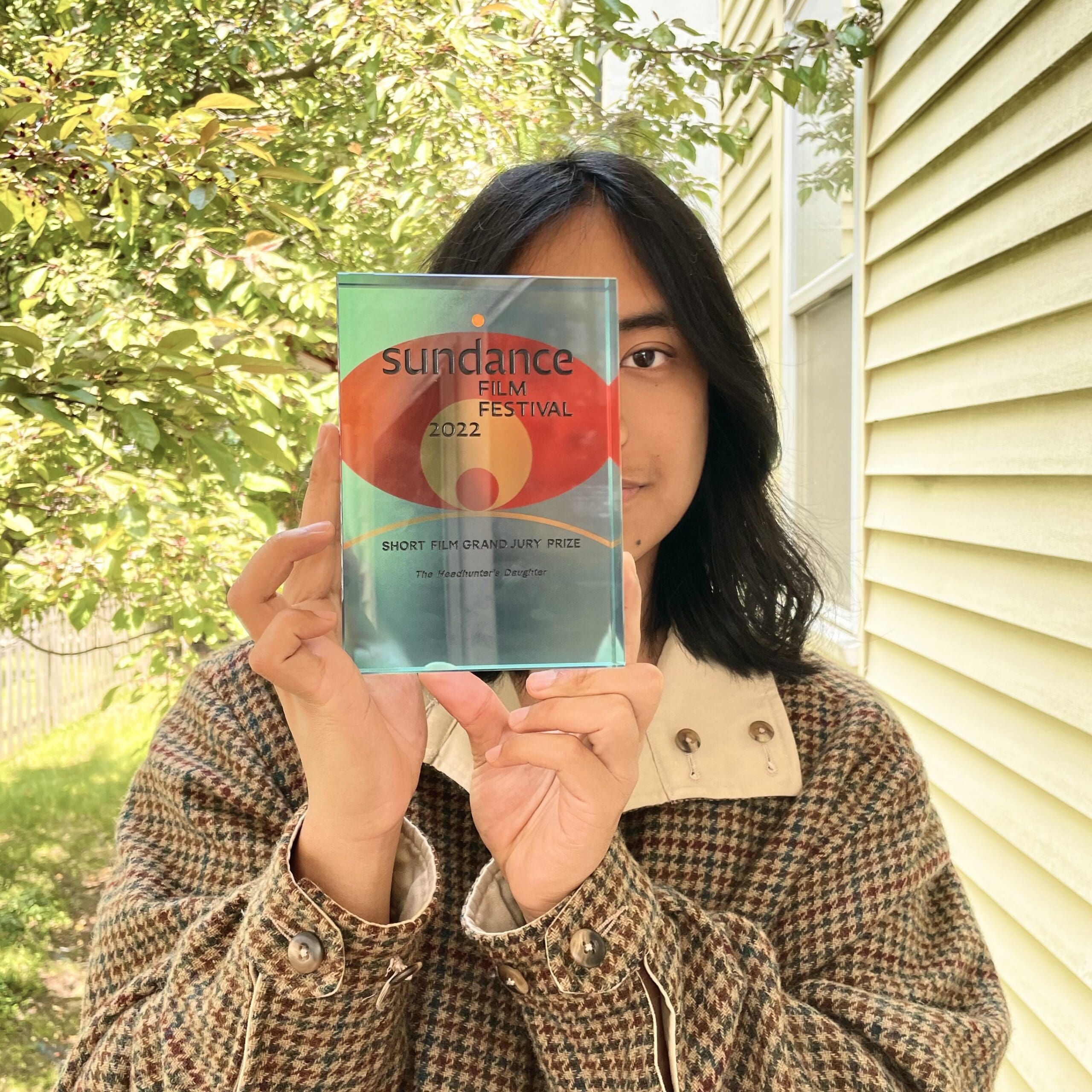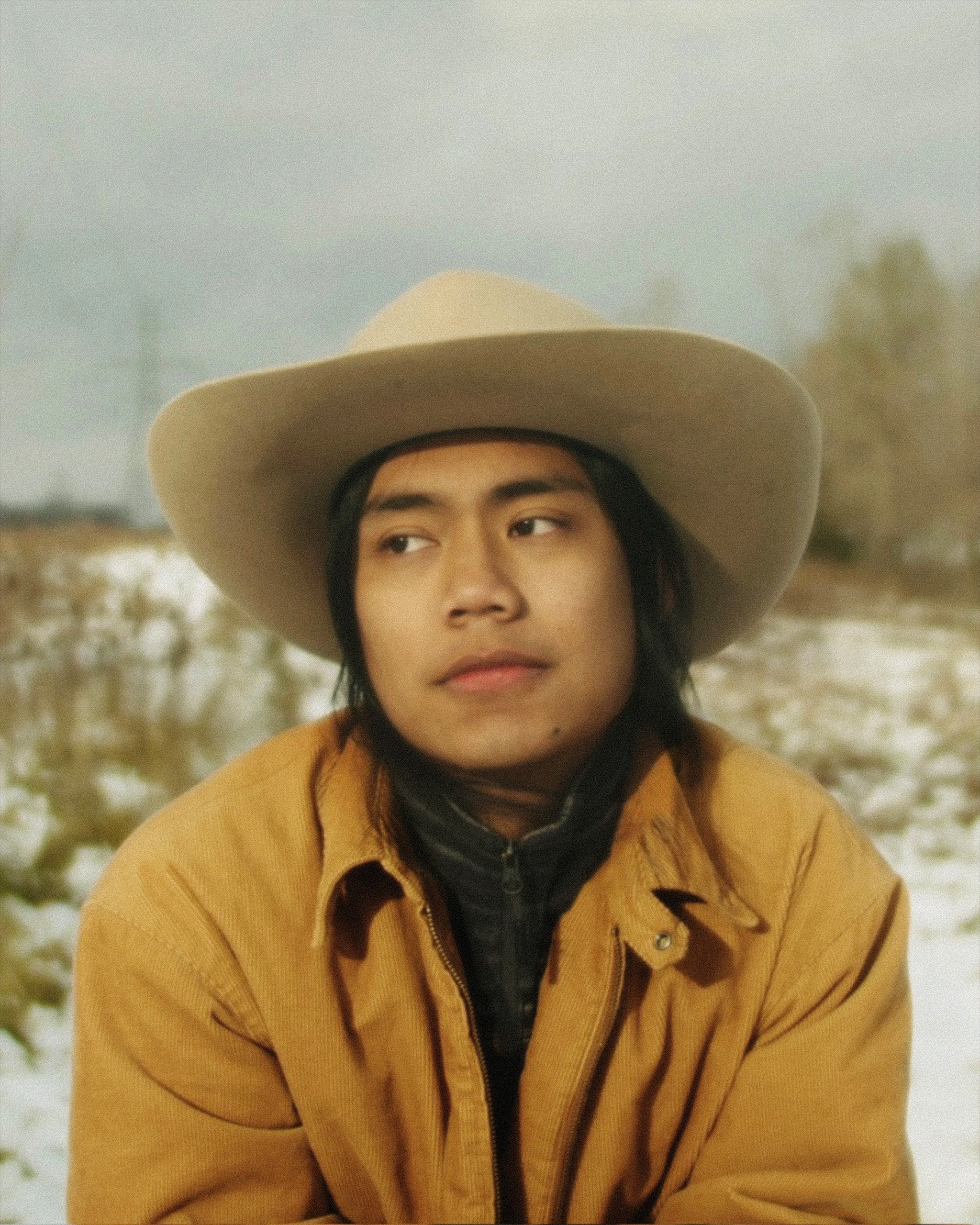Courtesy of Don Josephus Raphael Eblahan
In an exclusive interview, he opens up about his cinematic background, the inspiration driving his career, and his latest project, Hum.
Apart of the prestigious Résidence of the Festival de Cannes, where 12 foreign directors are welcomed at the Paris writing residence to work on their 1st or 2nd feature films, emerging filmmaker Don Josephus Raphael Eblahan has become a beacon of creativity, captivating audiences with his visionary storytelling. Hailing from the picturesque mountain town of La Trinidad in the Philippines, Eblahan’s journey into the world of filmmaking was born out of a profound passion for storytelling and a desire to amplify the voices of the marginalized.

Eblahan’s artistic odyssey traces back to his formative years, where he nurtured his love for cinema by immersing himself in films from the comfort of his home. “I was dreaming of being a musician then,” he shares, “but destiny had other plans for me.” An educational grant granted him the opportunity to study cinema in Chicago, where he honed his skills by collaborating with local indie and hip-hop artists. It was not until 2019, with the premiere of his short film Remedy at Clermont-Ferrand, that Eblahan made his mark in the narrative film industry.
When asked about the inspiration behind his chosen path, Eblahan recalls his childhood fascination with Filipino filmmakers recognized at the Festival de Cannes. He was captivated by the impact their work had beyond the shores of the Philippines, igniting a fervor within him to contribute to this profound storytelling medium. “Filipino stories echo loudly in places outside our archipelago,” Eblahan passionately states, “inspiring me to be a part of this noise and tell stories of people and places that still need to be amplified.”

At the Résidence of the Festival de Cannes, Eblahan is currently immersed in his latest project, Hum. This poignant film follows the journey of twin siblings who, separated after surviving the 1990 Luzon Earthquake, embark on separate paths. The story centers around Idyll, a horse rider in her mid-twenties, who embarks on a quest to find her brother. In the face of nature’s destruction, her brother retreats into the forest, seeking solace in the company of beasts.
Eblahan’s films serve as powerful conduits for conveying essential themes and messages. His fervent desire is to react to the unfolding tapestry of history and capture the complexities of the present. “Most of the stories I feature in my films are perspectives of indigenous youth and young Filipino characters,” Eblahan explains, “navigating spaces molded by trauma, pain, and post-colonial influences.”
Reflecting on his filmmaking style and approach, Eblahan describes it as a “meditative commentary and reaction” to the portrayal of Native and Indigenous bodies through non-native gazes. He artfully subverts Western genres and ethnographic films, infusing them with his own voice, allowing his subjects to shine in ways they were previously denied.

Eblahan draws inspiration from an illustrious group of filmmakers who have left an indelible mark on his craft. Pedro Costa, Naomi Kawase, Lee Chang Dong, and Charles Burnett have all influenced Eblahan’s artistic sensibilities, shaping his unique perspective on storytelling.
Speaking about the future of the Philippine film industry, Eblahan expresses optimism, noting the emergence of talented youth filmmakers from regional areas across the country. He highlights the remarkable talent that sprouts even from the remotest corners of the Philippines. Eblahan believes that the multitude of regional stories being told will empower others to remember that behind every frame lies a world waiting to be explored, a story yearning to be told, and a transformative power to shape the future of cinema.
